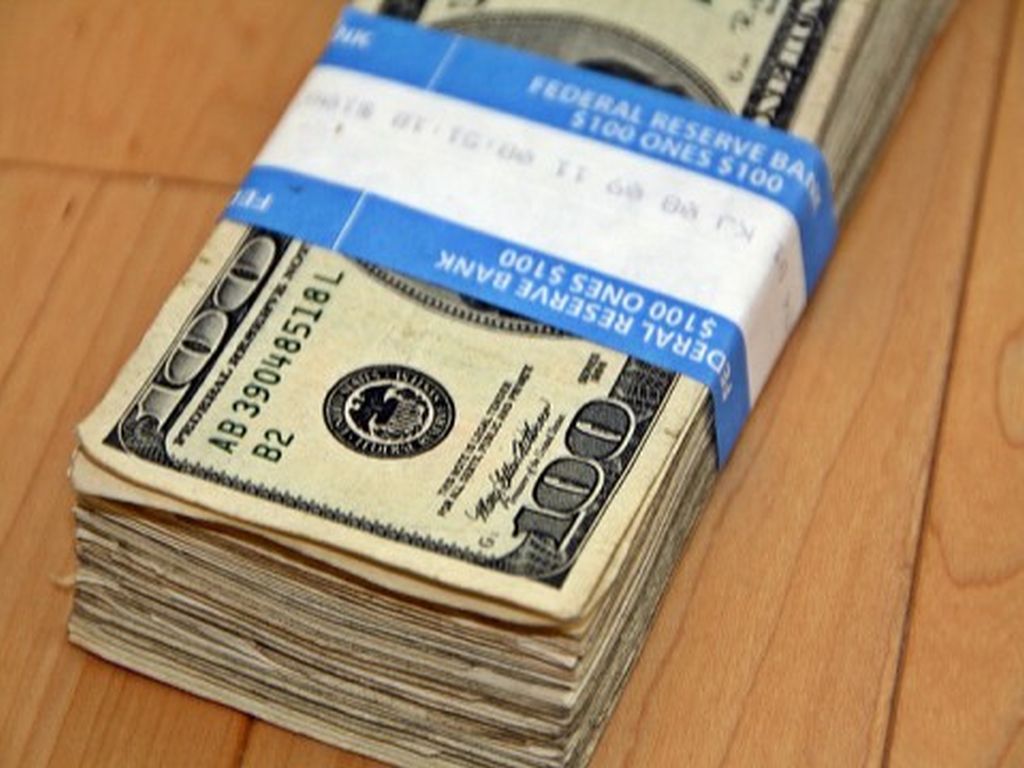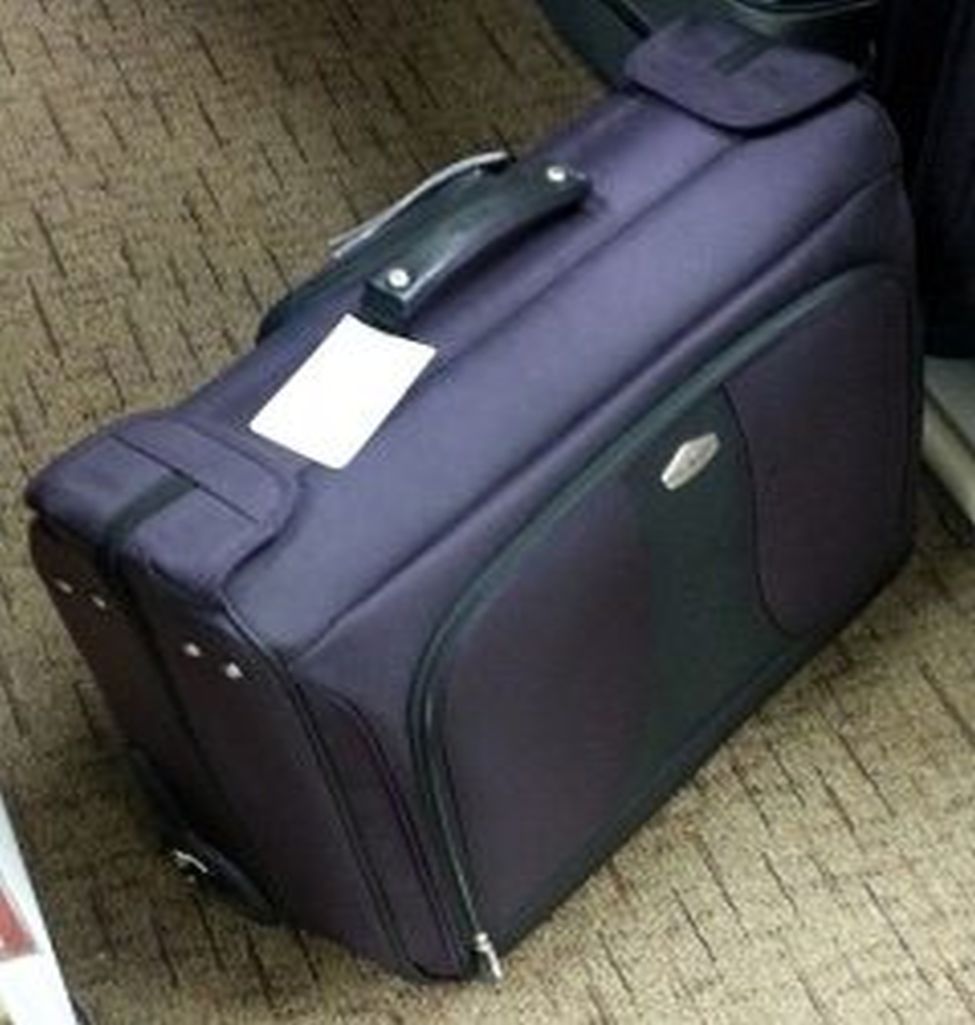Blog
-
New York State Assistance Programs
Unfortunately, not everyone is going to end up being rich by the end of the year. That part’s…
-
Five Things To Consider About Self Employment
Over the last 10 years, there have been a lot of people who have decided to work for…
-
Should You Get A Credit Card If You Have Bad Credit?
About a month ago, an article showed up on USA Today. It was regarding a company called National…
-
You Might Qualify For Health Care If You Can’t Afford It
Many people have periods where their finances aren’t going well. One of the things that becomes worrisome is…
-
Track Business Travel Properly If A Car Is Involved
Business travel has always been a godsend when it comes to writing off expenses. Whether you’re driving out…
-
5 Scams Trying To Take Your Money Or Harm You
If you have any money in your life, someone’s out there trying to get it. Many of those…
-
Do You Know About The Corporate Transparency Act?
There’s a new government that’s going to affect a number of small businesses across the United States as…
-
Some Financial Tips For 2024
Many people are still having problems with their finances, and it’s scary. Some know they’re not making enough…

Terri Wall, President
Hi, my name is Terri Wall, and I’m president of T. L. Wall Accounting & Tax Corp. My company handles personal and business accounting, budgeting and tax services. Through this blog, we’ll offer information on the different areas of accounting and anything related to personal and professional finance.








